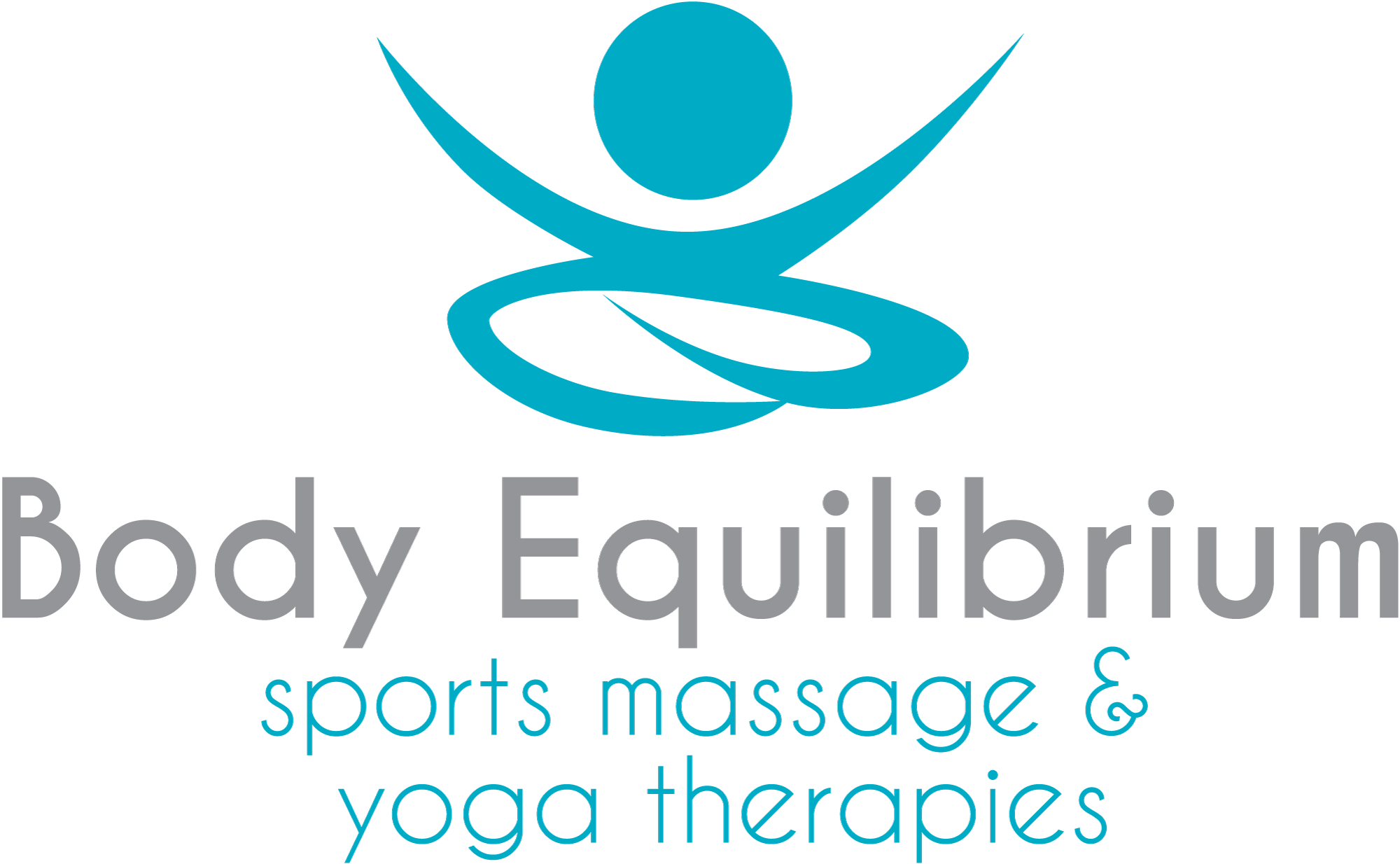
It’s quite typical to spend your weeks and even your weekends, rushing about trying to get loads of things done and feeling utterly exhausted at the end of it all. Even our exercise routines can be so fast-paced that they place added stress upon our bodies. Restorative Yoga gives you an antidote to this fast-paced way of living and encourages you to slow down, rest and recharge.
What is Restorative Yoga?
Restorative Yoga is about working with your parasympathetic nervous system. This is the nervous system responsible for, amongst other things, slowing the heart rate, digestion, conserving energy and allowing the body to recharge. Its role is the complete opposite of the sympathetic nervous system (our ‘flight or fight’ response), which is a state that many of us find ourselves constantly dwelling in, whether due to work or lifestyle stresses.
Restorative Yoga is a practice designed to help reduce stress and anxiety, and to help promote relaxation, wellbeing and healing. Unlike the more dynamic forms of yoga, Restorative Yoga keeps the body supported, relaxed, comfortable and warm. It is derived from Iyengar Yoga and was developed by Judith Lasater, a student of Iyengar’s, in the 1970s.
Props are used to support and relax the body and these include blankets, cushions, bolsters, eye pillows and even chairs and walls. The body is held in a certain way so that the parasympathetic nervous system and relaxation response is invoked. By taking the weight of stress off the body, the body can find its way back to a state of balance. Restorative poses are held for long periods of time in order to allow these changes to take place.
What Restorative Yoga is not…
Restorative Yoga is not about having a sleep, although you may find yourself drifting off from time to time!
It is also not the same as Yin Yoga. Yin Yoga is about experiencing a deep stretch and there is is no dynamic movement or stretching involved with Restorative Yoga.
Restorative Yoga is also not a from of meditation practice. Whilst in the poses, you should remain aware of your body and its place in the surroundings without trying to control your mind or thoughts. The mind should be allowed to relax (and possibly wander), so don’t worry if you get some random thoughts popping into your head during the practice!
Finding a Teacher
Not all yoga teachers are qualified as Restorative Yoga teachers. From my own experience, Restorative Teacher training is very different in style to Hatha Yoga teaching and therefore, requires a somewhat different skill set.
In addition to my Hatha Yoga Teaching and Therapy qualifications, I hold a certificate in Restorative Yoga 50 hour Immersion Training with Whitespace Yoga Studio. I am a fully qualified PT and a member of the Sports Therapy Association. I also have a PGCE and taught in schools for 12 years.
Corporate/workplace sessions are also available – please get in touch to discuss – POA.
Please see the Yoga Events & Workshops page for details of the next Restorative Evening.

